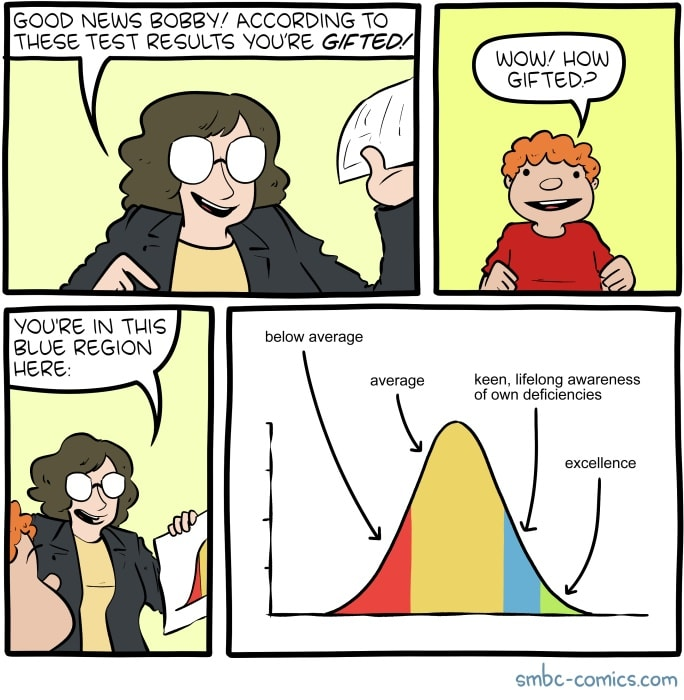this post was submitted on 11 Jun 2024
1191 points (99.1% liked)
Memes
8321 readers
1087 users here now
Post memes here.
A meme is an idea, behavior, or style that spreads by means of imitation from person to person within a culture and often carries symbolic meaning representing a particular phenomenon or theme.
An Internet meme or meme, is a cultural item that is spread via the Internet, often through social media platforms. The name is by the concept of memes proposed by Richard Dawkins in 1972. Internet memes can take various forms, such as images, videos, GIFs, and various other viral sensations.
- Wait at least 2 months before reposting
- No explicitly political content (about political figures, political events, elections and so on), [email protected] can be better place for that
- Use NSFW marking accordingly
Laittakaa meemejä tänne.
- Odota ainakin 2 kuukautta ennen meemin postaamista uudelleen
- Ei selkeän poliittista sisältöä (poliitikoista, poliittisista tapahtumista, vaaleista jne) parempi paikka esim. [email protected]
- Merkitse K18-sisältö tarpeen mukaan
founded 2 years ago
MODERATORS
you are viewing a single comment's thread
view the rest of the comments
view the rest of the comments


Well the origins were laudable, it's just that it was shortly thereafter extended for racist means. Binet and Simon wanted to see if they could devise a test to measure intelligence in children, and they ultimately came up with a way to measure a child's mental age.
At the time, problem children who did poorly in school were assumed to be sick and sent to an asylum. They proposed that some children were just slow, but they could still be successful if they got more help. Their test was meant to identify the slow children so that they could allocate the proper resources to them.
Later, their ideas were extended beyond the education system to try to prove racial hierarchies, and that's where much of the controversy comes from. The other part is that the tests were meant to identify children that would struggle in school. They weren't meant to identify geniuses or to understand people's intelligence level outside of the classroom.
I think labeling kids as slow can be problematic depending on the context. We are all good at different things. If a kid needs help in math get them help but don't treat them as inferior. If a kid has no self worth then they have no motivation to get better. Separating them from there pears is incredibly humiliating and can cause trauma.
Anyway this is a very complex subject that goes far beyond the IQ test.
Yeah, in the '80s we called them "special"
Let's not pretend verifiably 'slow' people with intellectual disabilities don't exist please. Pretending these people don't exist or acting like the severity of their symptoms aren't absolutely something that they need help with doesn't make these issues go away. It makes them worse. It hasn't worked for any other issue where people didn't want to call a spade a spade.
It hasn't worked for any neurodivergent people for the last 40 years where parents and society wanted to pretend everyone was the same despite people drowning and needing help for fear of being 'different' or oh no their brain and body work fine no medications or doctors for us thanks!
Being different is okay. Everyone needs help in different ways. It's shit like the above that causes these kids to think they are.
So just because they failed a test they now are condemned to be labeled as retarded?
I know multiple people who were told they were retarded back when they were in public school but they all went to college and were very successful. That doesn't mean it came easy as learning can be harder for some people. What is important is that they had the drive to push though. I also know people who are supposedly smart who are terrible at making good choices.
It sounds like the tests confirmed they had IDs and got the help they needed.
This is exactly how it's supposed to work lol.
This is a good and nuanced take, thank you for taking the time to write it down. Piggybacking on this, if anyone wants to dive more deeply into the subject of psychological measurement, there's an excellent book by Derek Briggs about this: Historical and Conceptual Foundations of Measurement in the Human Sciences: Credos & Controversies.